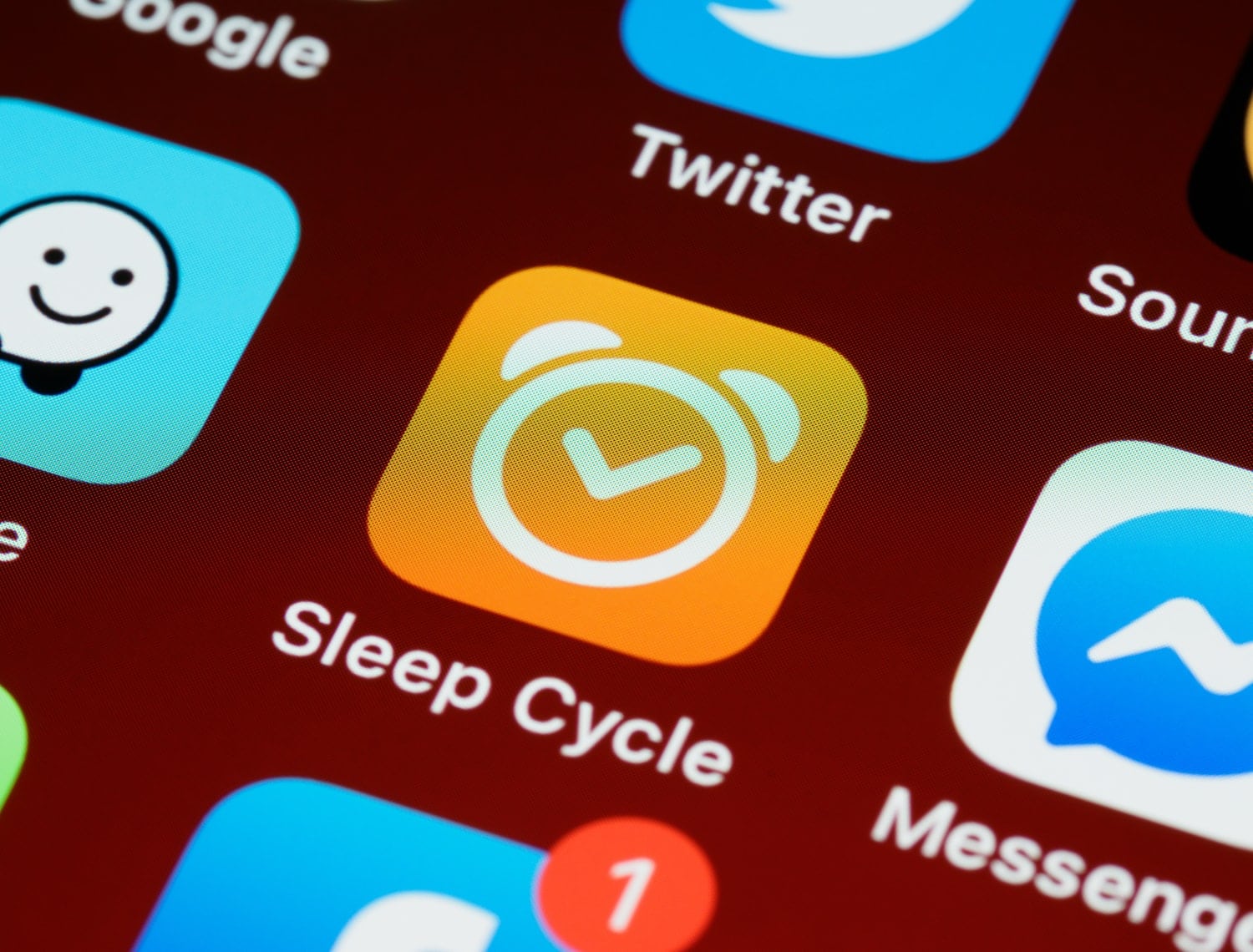A circadian rhythm is a natural, internal process that regulates the sleep-wake cycle. Various Studies have shown a possible link between healthy circadian rhythms and coordination, cardiovascular activity, cognition, weight control, immune function and digestion.
We spoke to Dr Alka Patel, GP, Lifestyle Medicine Physician, and founder of the Lifestyle First Method, about the health rewards of timing your life schedule to match your natural rhythms.
Here’s Alka’s 5 top tips for mastering your inner clock…
- Sleeping & understanding your chronotype
Sleep is of course a big factor when mastering your circadian rhythm. Getting enough quality sleep is essential for both physical and mental health. Dr Alka says, “Sleep is actually the beginning of your biological day.
It’s a time of intense preparation for the day ahead – repairing the body, processing emotions and consolidating memory. Whilst 8 is the magic number for the hours of sleep recommended for restoration and preparation, the optimal timing for sleep is not the same for each individual.
Do you rise with the morning sun full of vitality? Or are you most energised when the rest of the world seems to be sleeping? Your preference for morning or evening is all down to your chronotype.
About 40% of us are morning larks, preferring to wake early and about 30% of us are night owls, preferring to go to bed late and wake up late, with the rest somewhere in between.”
Top Tip – Try the Horne Ostberg Questionnaire to find out your Chronotype
- Weight Loss
If you’re looking to shift some pounds, it’s a good idea to get your body clock to work with you! Alka says, “The first bite or sip of coffee tells your gut to start the clock.
Eating within an 8-11-hour window is optimal for weight loss, with the best results occurring within an 8-9 hour eating window. Most fat burning occurs 8 hours after your last mouthful and increases after 12 hours of fasting.
So start your ‘eating window clock’ from that first mouthful, end it 11 hours later – you can shorten this slowly to what feels comfortable. Starting the clock early and ending early is most effective as the insulin response is more primed earlier in the day.
You also want to stop eating at least 2 hours before you go to bed to stop melatonin which is released to initiate sleep which also has an effect on blood glucose. Late night meals and snacks disturb the clock.
By aligning your ‘eating clock’ with your natural rhythms, calorie counting is obliterated! Just focus on eating healthy, nutrient-dense, unprocessed food with a colourful variety of vegetables, fruits, beans and pulses.
- Exercise
The ideal time to exercise is in the sunlight, within a 2-hour window either side of sunrise. This helps to set the clock for later sleep.
Alka says, “Exercise increases production of haem – the pigment in our blood that carries oxygen to cells. It’s this pigment that also turns on and off the genes that are involved in metabolism.
These influence absorption of fat and glucose and also the production of muscle fibre. Morning exercise before the first bite will increase weight loss. It also improves mood, stimulates new brain cell production and increase learning.
Later in the afternoon after 3pm is also a great time for strength-training as this is when muscle-tone increases. However, even after dinner exercise can help reduce insulin spikes.
- Hydration
Staying hydrated and drinking enough water is also important when mastering your circadian rhythm. Alka says, “Our stimulus for thirst is higher in the day, but we often ignore it or mistake the call for thirst as a call for hunger.
Hydrating with water rather than caffeine is important. Caffeine may provide a short burst of energy but it interferes with sleep by competing with a molecule called adenosine which builds in the day to increase the pressure to sleep at night.
The half-life of caffeine is 6 hours after that last cup, meaning half of it is still around to disturb sleep. As sleep is one of the most important clocks to keep aligned with for productivity and energy, it’s best to avoid caffeine after 2pm.”
- Productivity and Energy
Did you know the best time to make decisions is between 10am and 3pm? Alka explains, “This is the time the brain is at optimal function for solving complex problems and navigating social and emotional challenges. It is also at its most creative.
For night owls, productivity and energy levels usually peak after 4pm up to 12 hours after waking. We produce new brain cells throughout our lifetimes and this is boosted by our circadian clock.
Our neurotransmitters, which act as chemical messengers, are also regulated by our clocks so that we are alert in the morning, motivated during the day and calm in the evening.
Alka’s ideal daily schedule for energy and productivity:
- Wake up at 7am, step out into the natural sunlight for a bout of exercise (5 minutes or 45 minutes, whatever works for you)
- Take that first mouthful of breakfast at 8.30am
- Keep hydrated throughout the day
- Don’t consume caffeine after 2pm
- Focus on important tasks between 10am and 3pm
- Finish your evening meal by 7.30pm (take a short walk after dinner)
- Be in bed and ready to sleep by 11pm






